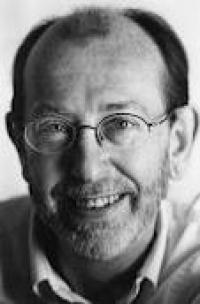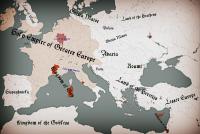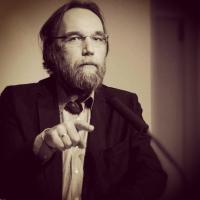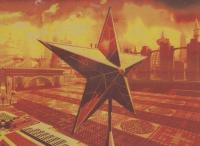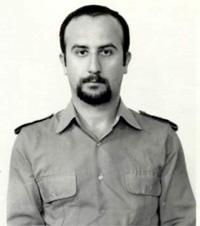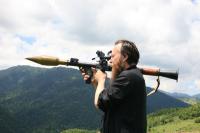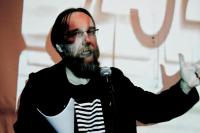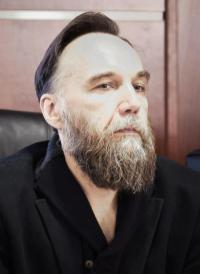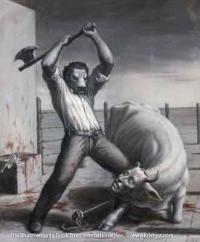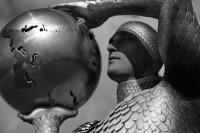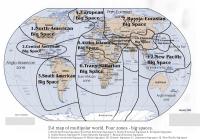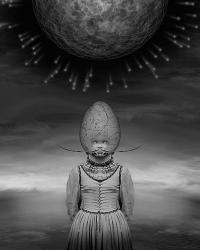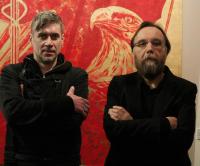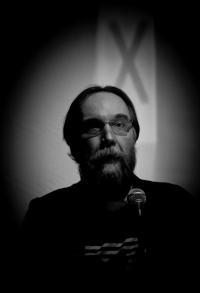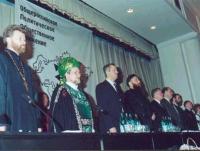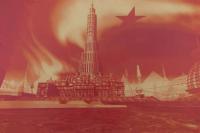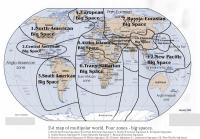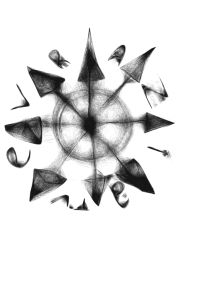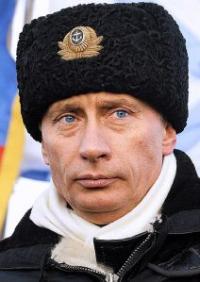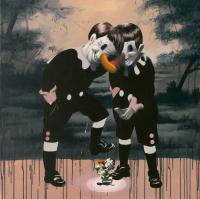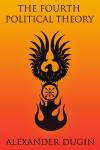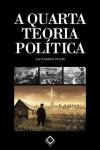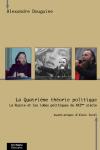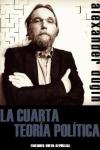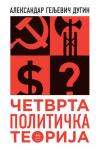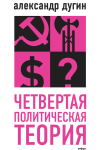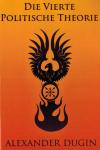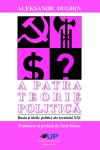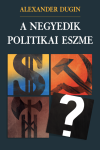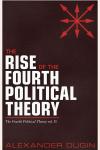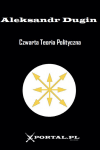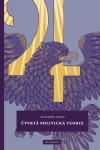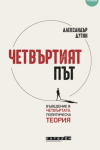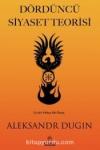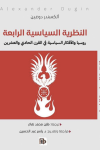Critique of Liberal Ideology
By the end of the nineteenth century, however, adjustments had to be made to the purely economic logic of society’s regulation and reproduction. These adjustments were less the result of conservative resistance than of the internal contradictions of the new social configuration. Sociology itself arose from real society’s resistance to political and institutional changes as well as those who invoked a “natural order” to denounce the formal and artificial character of the new mode of social regulation. For the first sociologists, the rise of individualism hatched a double fear: of “anomie” resulting from the disintegration of social bonds (Émile Durkheim) and of the “crowd” made up of atomized individuals suddenly brought together in an uncontrollable “mass” (Gustave Le Bon or Gabriel Tarde, both of whom reduce the analysis of social facts to “psychology”). The first finds an echo among counter-revolutionary thinkers in particular. The second is mainly perceptible among the bourgeoisie concerned above all with protecting itself from the “dangerous classes.”
While the nation-state supported and instituted the market, antagonism between liberalism and the “public sector” grew in tandem. Liberals never cease fulminating against the welfare state, without realizing that it is precisely the market’s extension that necessitates ever-increasing state intervention. The man whose labor is subject solely to the market’s play is indeed vulnerable, for his labor might find no takers or have no value. Modern individualism, moreover, destroyed the organic relations of proximity, which were above all relations of mutual aid and reciprocal solidarity, thus destroying old forms of social protection. While regulating supply and demand, the market does not regulate social relations, but on the contrary disorganizes them, if only because it does not take into account demands for which one cannot pay. The rise of the welfare state then becomes a necessity, since it is the only power able to correct the most glaring imbalances and attenuate the most obvious distresses.

